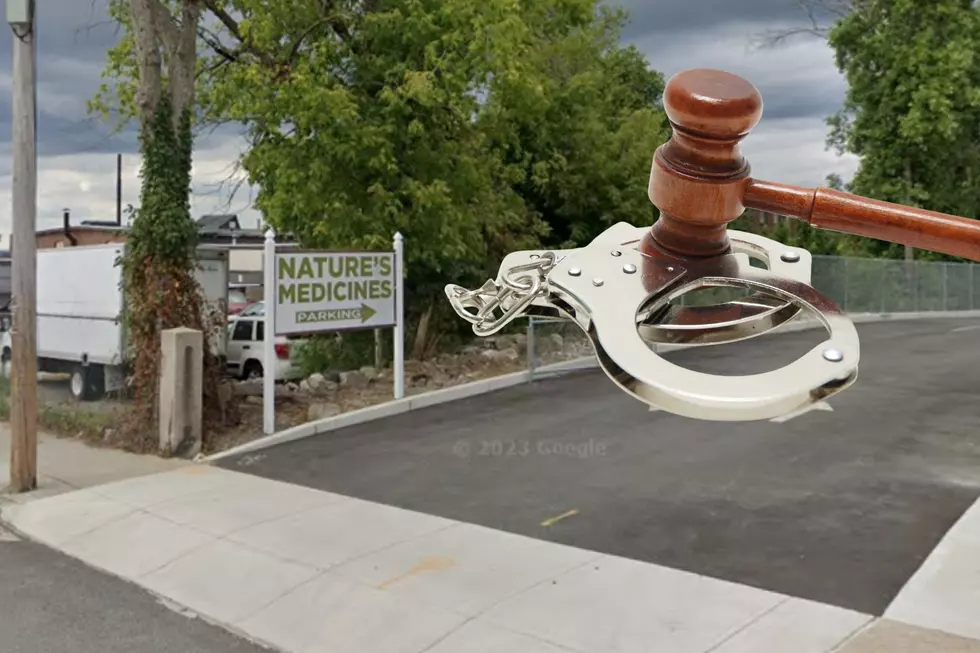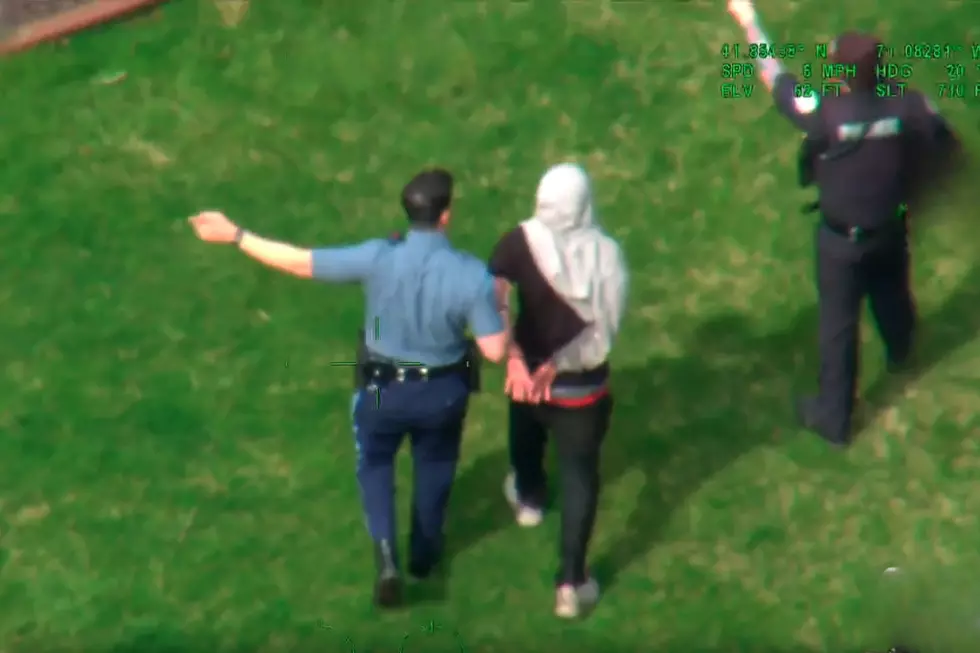
Bristol County Woman Seventh in State With West Nile Virus
A Bristol County woman in her 30s has come down with West Nile Virus, just days after the virus was found in mosquitoes in Fall River, according to the state's Department of Public Health.
The woman is the seventh case in Massachusetts so far this year.
The news comes as Fall River and Seekonk are among eleven towns and cities added this week to the list of communities at 'moderate' risk of West Nile Virus transmission.

They join Rehoboth, Dighton, Somerset, and Swansea in the moderate risk category in Bristol County.
Across the state, 27 communities are currently at high risk for transmission of the illness, while 49 communities are at moderate risk.
No Bristol County cities or towns are currently high risk.
The DPH statement noted that as the new case shows, although those over 50 are at higher risk from West Nile Virus, it can affect people of all ages.
“This is our first West Nile virus case this year in someone under the age of 50,” said Acting Public Health Commissioner Margret Cooke.
“Risk from West Nile virus will continue until the first hard frost and people should remember to take steps to prevent mosquito bites anytime they are outdoors.”
The health department recommends residents avoid mosquito bites by using insect repellent, wearing long sleeves, pants, and socks outdoors, and staying inside during peak mosquito hours from dawn to dusk.
In 2020, there were five human cases of WNV infection identified in Massachusetts.
WNV is usually transmitted to humans through the bite of an infected mosquito. Most people infected will have no symptoms.
When present, WNV symptoms tend to include fever and flu-like illness. In rare cases, more severe illness can occur.
More information, including state data, can be found at www.mass.gov/MosquitoesandTicks or by calling the DPH Epidemiology Program at 617-983-6800.
Here's a List of All the Snakes Native to Massachusetts (Two Can Kill You)
Massachusetts Wildlife You Can Legally Take Home as Pets
More From WBSM-AM/AM 1420

![Fall River Dog Is the Ultimate Adventure Buddy [WET NOSE WEDNESDAY]](http://townsquare.media/site/519/files/2024/04/attachment-Untitled-design-2024-04-24T063451.295.jpg?w=980&q=75)







